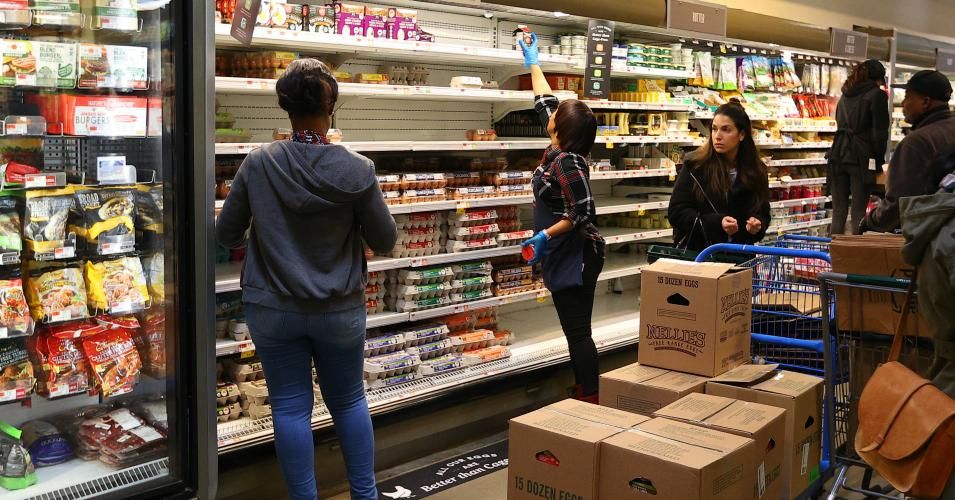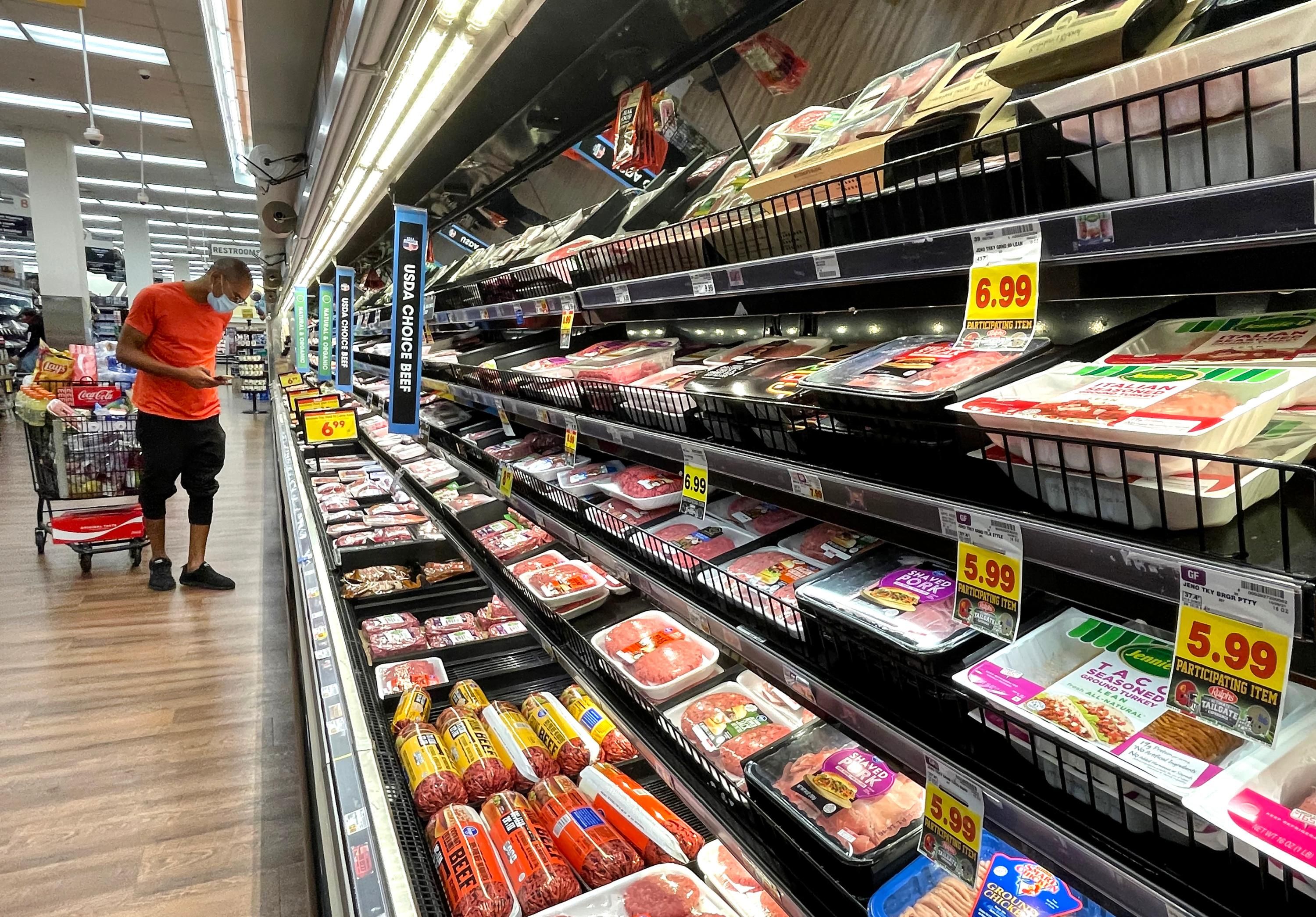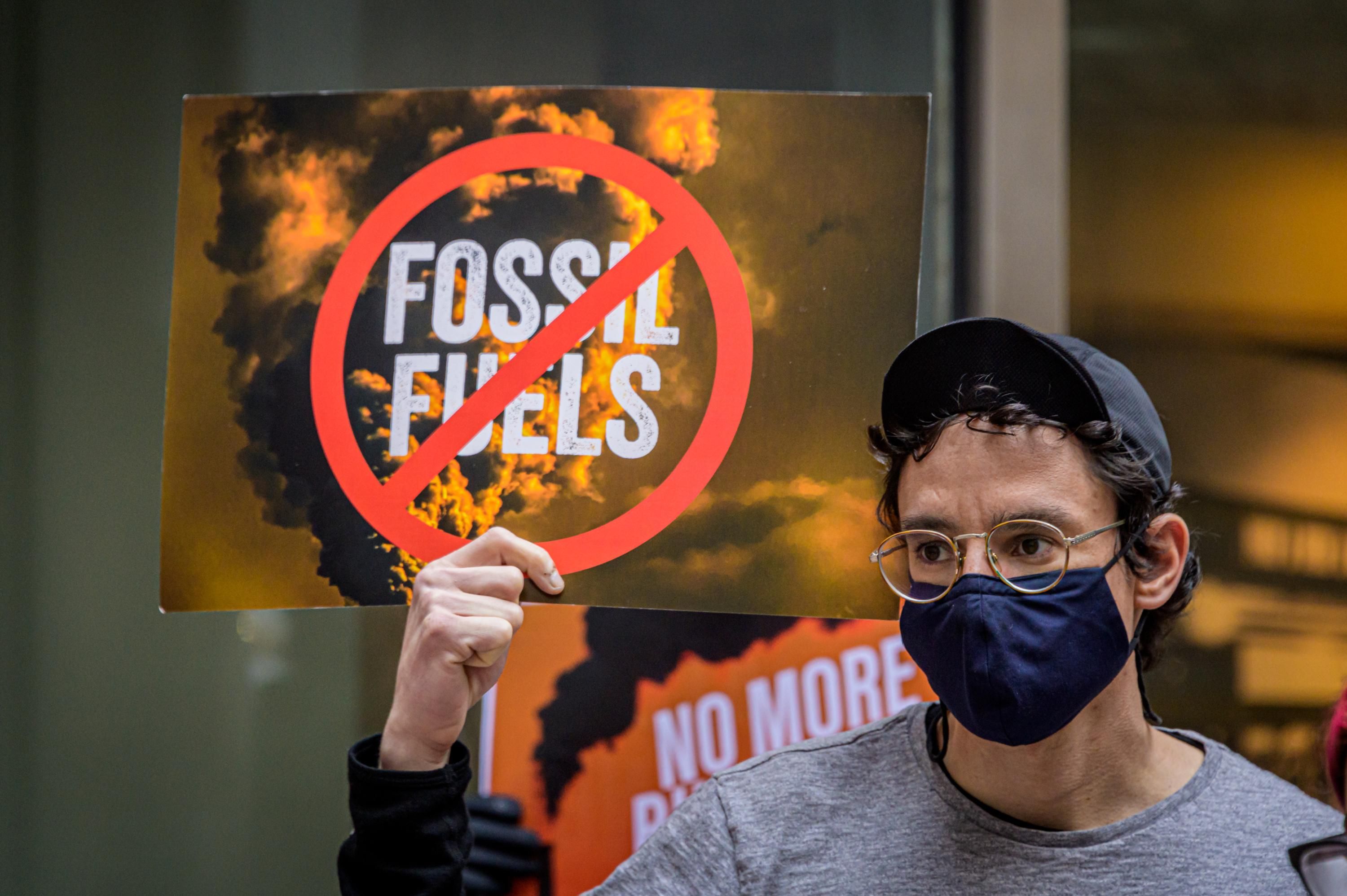EuroMaidan
Euromaidan’s popularity has nothing to do with Ukrainians finding the question of free trade with the European Union so significant that it emboldened them to survive sleepless nights on the square. The country’s socioeconomic problems, which are much more acute than those of its neighbors to the East and West, gave the protest its meaning. The average salary in Ukraine is 2 to 2.5 times lower than in Russia and Belarus, and much lower than in the EU. The worldwide economic crisis affected the Ukrainian economy much more drastically than almost any other economy in Europe, from the Atlantic to the Urals. Economic growth after the crisis nearly froze, and industry will most likely continue to decline in 2013. Furthermore, Ukraine’s economic system more or less exempts oligarchs from paying taxes. One can completely legally export tens of billions of dollars worth of minerals, metals, ammonia, wheat, and sunflowers, and report no profit. All earnings are stashed in offshore jurisdictions, where almost all of Ukraine’s functioning enterprises are formally located. Any profits earned by an enterprise inside the country can be legally and effortlessly transported to offshore locations by reframing them as a fictitious loan, for example.
Is it any surprise that the Ukrainian government systematically has trouble replenishing the budget? At the end of last year, Ukraine was in a pre-default stage. Withholding wages owed to state employees became common practice, and the budget practically stopped allotting funds to social programs. The situation was exacerbated by a trade war with Russia, when Gazprom forced Ukrainian gas prices to record heights in Eastern Europe. Oligarchs drove the country into a corner; even after endless discussion, they could not formulate a coherent development strategy, avoiding any investment in the state while systematically draining it. Any development strategy must include a curbing of their appetites – it must at least partially ban offshore schemes and enforce minimum tax payments. But that’s exactly what oligarchs cannot accept, even though they understand that if they don’t change the rules of the game, they will drive the state into socioeconomic catastrophe, chopping off the branch where they themselves sit.
The right-wing opposition, when speaking about economic problems, focuses almost exclusively on the themes of corruption and ineffective rule. And if the conversation does turn to oligarchs looting the state, then it limits itself to the businessmen who are close to the Party of Regions, and most often does not delve further than the business that belongs to Yanukovich’s sons. From the right wing’s point of view, the other oligarchs are not a problem, because they have national consciousness. By this logic, when Ukraine is plundered by a “щирый” (Ukr. for “authentic”– editor’s note) Ukrainian, it is still beneficial to the national cause.
A paradoxical situation is unfolding. All conscientious economists (even quite neoliberal ones like, for example, Viktor Pinzenik) agree that the tax and regulatory systems of the country were built to completely exempt oligarchs from paying taxes. Everyone can see that this system won’t last much longer, but none of the politicians in the Parliament have dared to offer the obvious and realistic systemic alternative. Almost nobody dares to publicly admit that the most pressing issue facing Ukraine is not the EU or the trade union, but simply that oligarchs should start paying their taxes. The apparatus of the state is perfectly capable of forcing them to do so since the oligarchs’ functioning assets are all located in Ukraine. However, as Andrei Hunko recently pointed out, the oligarchization of Ukrainian politics has reached such proportions that not a single one of the existing parliamentary parties can even mention this matter.
Sadly enough, only radical leftists voice these minimal and obvious demands. I emphasize that these demands must be seen not as the agenda of the Left Opposition, but as first steps toward the formation of policies that could gather together all anti-oligarchic forces, who don’t consider an ultra-right fascist dictatorship to be any kind of solution – the kind of dictatorship the All-Ukrainian Union “Svoboda” so insistently pushes us towards, while the official opposition leaders sit by and watch.
The glaring absence of any coherent plan of action to help Ukraine out of its crisis has become so pressing that even quite liberal, almost right-liberal publications have started discussing our “Ten Points” – such as, for example, Lvov’s zaxid.net.
Zahar Popovich, “Left Opposition”
Plan for Social Change, in ten points.
Foreword, by the Left Opposition.
We submit to your attention a document titled “Plan for Social Change”, which outlines ways to increase the well-being of the citizens and ensure social progress. It was created partly because most socio-economic demands at the Euromaidan demonstrations have been ignored. Our hope is that this document might serve as a platform to unify a wide range of social, leftist, and trade-union initiatives. This document was written by activists belonging to the Left Opposition, a socialist organization that aims to unify all those who belong to the community provisionally called #leftmaidan.
It goes without saying that political parties transform the protest movement and direct it toward electoral politics; they try to find new voices, instead of making significant changes to the system. We do not support the ideas of liberal structures, which propagandize free market economics, nor do we support radical nationalists who push discriminatory policies.
Our hope is that the protest movement, spurred to action by social injustice, might ultimately eradicate the root causes of this injustice. We believe that the cause of most social problems is the oligarchy that formed as a result of unbridled capitalism and corruption. It is important to limit the egotistic interests of our oligarchs, instead of relying on the help of Russia or the IMF, with the consequent national dependence. We believe that it is harmful to add our voices to the demands for Euro-integration; instead, we need to clearly delineate the changes necessary to support the interests of ordinary citizens, especially hired laborers. On several occasions, we cite the progressive experiences of a few European states that have taken similar measures.
The goals we’ve created are relatively moderate, so that they might appeal to the widest possible range of organizations. We won’t conceal the fact that, for us, this plan is less a reaction to current events than a step toward the formulation of a contemporary leftist political force – a force that is capable of influencing those in power and offering an alternative to the existing social order. The Left Opposition considers the proposed plan to be the minimum for building socialism on the principles of self-government: the socialization of industry, the allocation of profit for social needs, and the appointment for citizens to government functions.
We welcome you to subscribe to our Facebook and VKontakte pages to voice your opinions there, or to email us at gaslo.info@gmail.com.
Replacing one set of politicians and oligarchs with another without overall systemic changes will not improve our lives. Instead, our group of social and union activists is proposing ten basic conditions for overcoming the economic crisis and ensuring Ukraine’s future growth.
The Left Opposition Collective
- GOVERNMENT BY THE PEOPLE, NOT BY THE OLIGARCHS
There must be a transition from a presidential to a parliamentary republic, in which presidential power is limited to representative functions on the international stage. Authority should be transferred from state administrators to elected regional committees (soviets). Authorities should have the right to fire delegates who have not met expectations; judges and police chiefs should be elected, not appointed. - NATIONALIZATION OF PRIMARY INDUSTRIES
Metallurgy, mining, and chemical industries, along with infrastructural enterprises (energy, transport, and communications) should contribute to social welfare. - WORKERS SHOULD CONTROL ALL FORMS OF OWNERSHIP
Following successful European examples, we should construct a wide network of independent workers’ unions, which will control management and guarantee workers’ rights. Workers should have the right to strike (refuse to work when payment is not received). Workers should also have the right to take out loans at the employer’s expense if wages are delayed (following Portugal’s example). Production, accounting, and management data of all enterprises that employ more than 50 people, or have a capital turnover of over $1 million, should be published online. - INTRODUCTION OF A LUXURY TAX
We should instate a 50% tax on luxury items – yachts, elite automobiles, and other items that cost more than 1 million gryvna. A progressive personal income tax should also be introduced. Individuals with an annual income of more than 1 million gryvna should be taxed up to 50%, following Denmark’s example (in such a system, Renat Ahmetov alone would have paid 1.2 billion gryvna to the federal budget, as compared to the 400 million he actually paid in 2013 on a 17% tax). - PROHIBITION OF OFFSHORE CAPITAL TRANSFERS
The bylaws that exempt Ukrainian enterprises from taxation in a number of offshore countries should be revoked, in order to prevent the transfer of capital offshore. The assets of offshore companies in Ukraine should be frozen, and a temporary administration should be appointed until the legality of the investments can be proven. - SEPARATION OF BUSINESS AND GOVERNMENT
Citizens with incomes that exceed 1 million grivni should be banned from government positions and seats in local government. Nationwide reelections should be held in compliance with this rule. - REDUCTION OF SPENDING ON THE BUREAUCRATIC APPARATUS
Government spending should be controlled and transparent. Administrative reforms should take place, resulting in a reduction in the number of managerial employees. Today, whole departments could be replaced by computer programs. But instead, in the last eight years the number of bureaucrats in the government has grown by almost 10%, comprising more than 372,000 people (in Ukraine, there are 8 bureaucrats for every 1000 people – in France, there are only 5 per 1000!). - DISSOLUTION OF BERKUT AND OTHER SPECIAL FORCES
Beginning in 2014, there should be subsequent reductions in spending on the sercurity apparatus of the state: the Ministry of Internal Affairs, the Security Service, the Office of the Prosecutor General, and special police forces. It is unacceptable that the Ministry of Internal Affairs was allocated more than 16.9 million grivni in 2013 – 6.9 million more than all public health expenditures! - ACCESS TO FREE EDUCATION AND HEALTHCARE
Funds for this initiative should come from the nationalization of industries and reduced spending on the security and bureaucratic apparati. To eliminate corruption in education and medicine, we must raise doctors’ and teachers’ salaries and restore the prestige of those fields. - WITHDRAWAL FROM OPPRESIVE INTERNATIONAL FINANCIAL INSTITUTIONSWe support the termination of further cooperation with the International Monetary Fund and other international financial institutions. We should follow the example of Iceland, which refused to pay debts accrued by bankers and bureaucrats (under government warranty) for the purposes of personal enrichment and “social handouts”, rather than for the development of industry.
Published in Russian on the Open Left platform: http://openleft.ru/?p=1157
Translated from the Russian by: Jordan Maze and Helen Tsykynovska















